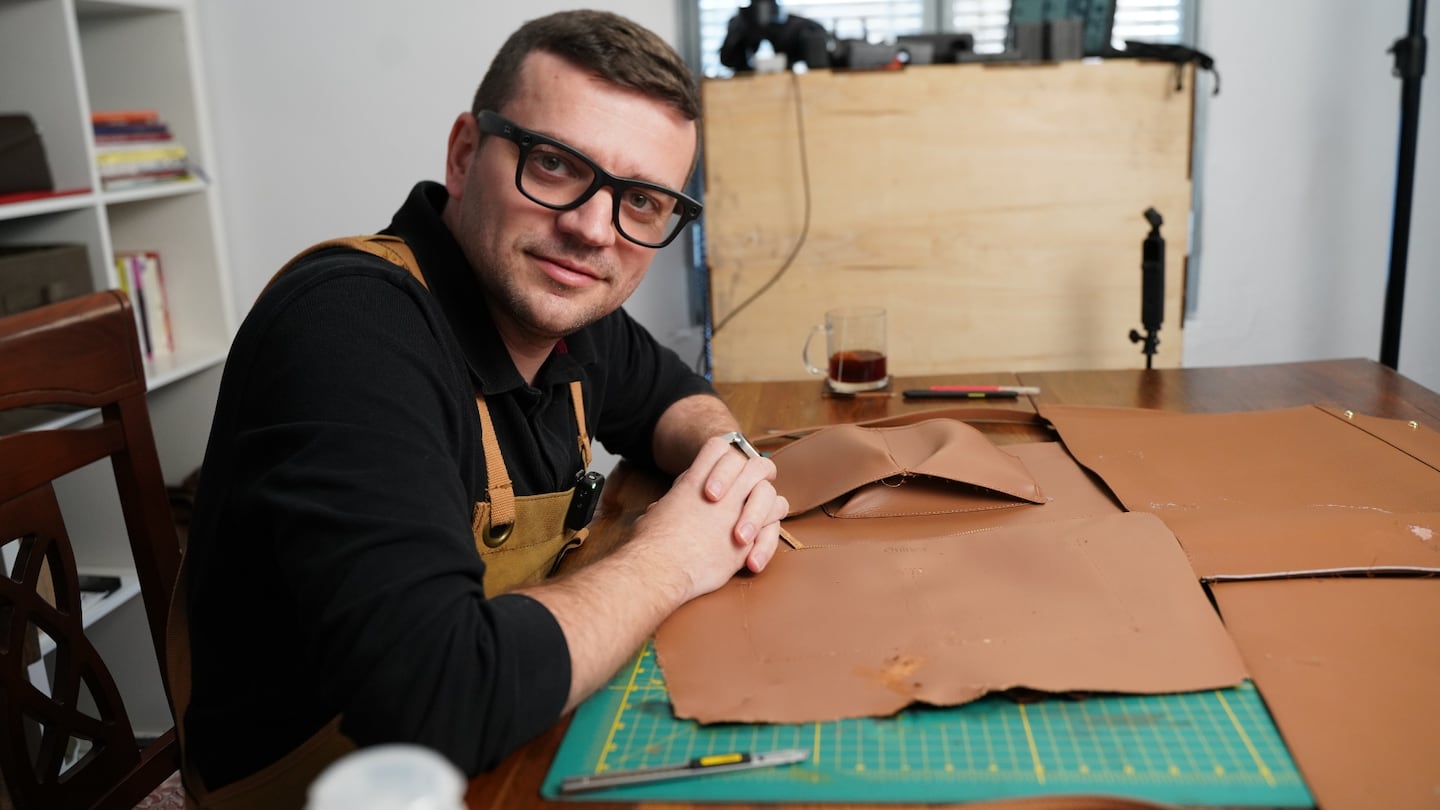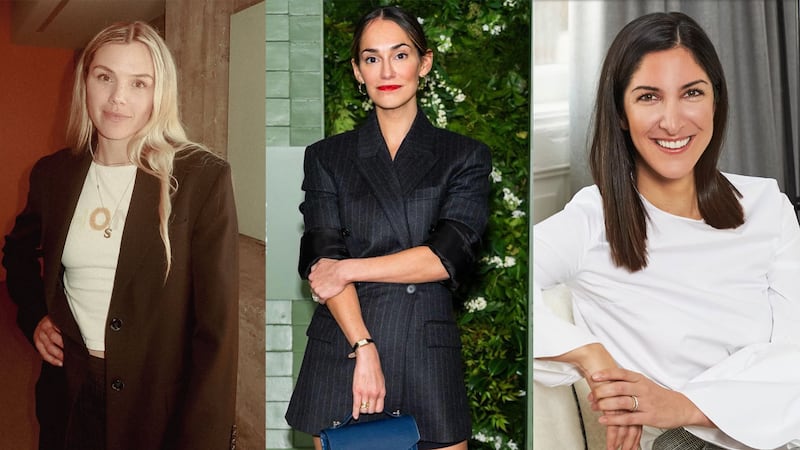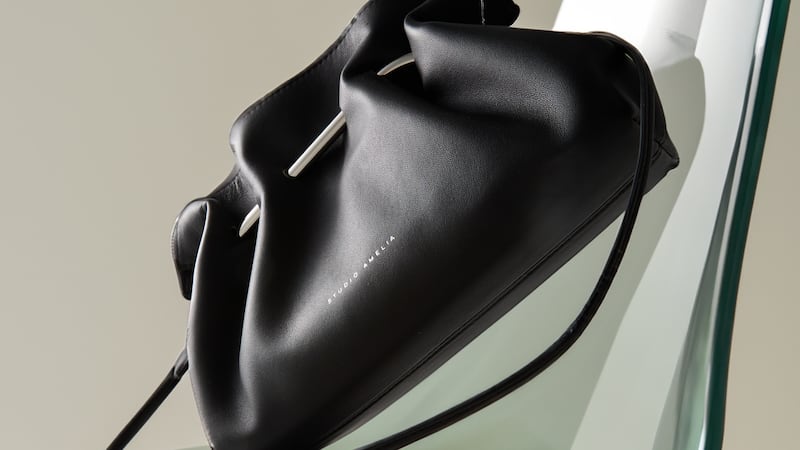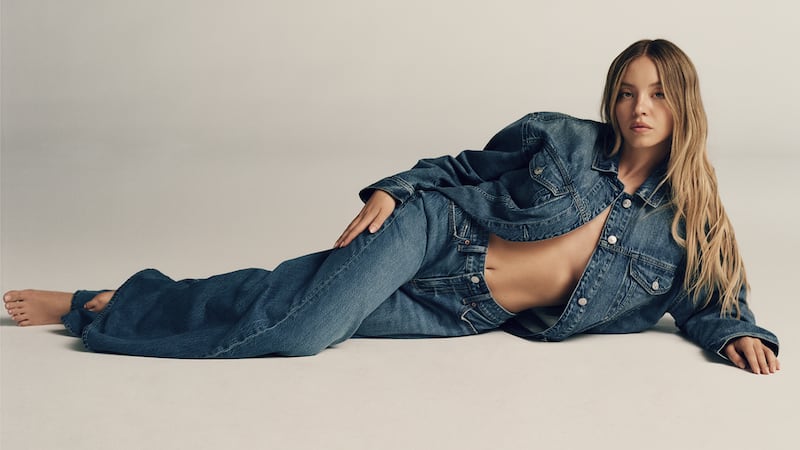Agenda-setting intelligence, analysis and advice for the global fashion community.
Tanner Leatherstein’s next chapter is going be less about breaking down leather goods and more focused on making them.
The content creator — whose real name is Volkan Yilmaz — has earned an audience of over a million on TikTok for his videos in which he physically dissects leather handbags to analyse their construction. Some reveal a brand’s high quality (Bottega Veneta, for instance, earned high marks) but many others exhibit the corners labels cut to minimise manufacturing costs — while still selling at exorbitant prices.
His endorsement has become so powerful that Stow London — a British handbag brand he raved about last year, ultimately ranking it as his top brand of 2024 — named him its director of craftsmanship in July.
“There are two aspects to Volkan: One is his leather industry knowledge, and the other is clearly his influence,” said Stow founder Carol Lovell. Both appealed to the company. “You’d be hard pushed to find an individual who is as influential when it comes to people making decisions on buying handbags.”
ADVERTISEMENT
Yilmaz was already something of an industry insider: he’s worked as a leather tanner for 28 years, and since 2017, he’s operated his own leather label, Pegai. But it was TikTok that catapulted him from being another cog in the leather industry machine to serving as its conscience.
He said that at its core, his content is about truth-telling and giving viewers a better understanding of the leather industry and product quality. Increasingly, he’s focused on showing what can’t be revealed just by cutting it open. Earlier this month, Yilmaz released the first video in a new social media documentary series called “People Changing Fashion,” in which he spotlights the workers who create a bag behind-the-scenes. He wants to not just break down a bag’s quality, but take a more in-depth look at the story of how it got made, from the factories to the people working in them.
“Leather was my first passion, I was born with it, and now storytelling is the second craft that I can’t get enough of,” he said.
Social Media’s Leather Guru
For Yilmaz, leather is his birthright. He got his start working at his family’s leather tannery in Turkey at age 11, becoming an expert in the craft and eventually launching Pegai in Dallas, Texas (with a stop at the University of Illinois for his MBA along the way).
While he knew how bags were made, building his own brand exposed him to another side of the leather business — namely, just how extreme the markups could be.
“The luxury that you’re paying for, you’re thinking is about about materials or the quality,” he said. In actuality, “It’s about something else — it’s a halo, it’s an engineered illusion."
The goal with his videos is to break down that illusion, particularly for a younger consumer. When they realise that “luxury today is more of a idea than reality, then they abandon it.”
Watching Yilmaz rip apart bags from luxury labels Louis Vuitton and Goyard, mid-tier brands like Coccinelle and Polène, as well as counterfeit products including a fake Loewe Puzzle bag and a faux Hermès Birkin has proved irresistible to viewers. Yilmaz receives consistent requests for content partnerships and collaborative collections, but he “prefers to select the brands I want to work with on content collaborations and then invite them,” he said.
ADVERTISEMENT
He caught Stow’s eye when, last October, he published a review of its $400 Curve bag, calling it the best value-for-money leather bag he had ever reviewed. After the video went live, Stow received so many orders that it was forced to shift into a pre-order model to keep up with demand.
Stow didn’t only benefit from his sway over his followers’ purchasing decisions, but also his business savvy. Yilmaz first discovered the brand’s handbags when visiting its factory in Ubrique, Spain — where Pegai’s own bags were manufactured, and where Yilmaz now lives — and noticed they were made with a high-end pebbled leather called Mozart, which is the same material used by top luxury brands. He estimated the bag cost around $150 to produce, less than a third of its $400 price tag — “a dangerous point for a business that wants to grow,” he said in the video.
“The prices that we had initially set our bags at were not sustainable for the long term,” said Adam Bryer, Stow’s managing director. “We were just trying to break into the market and make a name for ourselves.” With Yilmaz on board, that task has become significantly easier.
Since Yilmaz has joined the Stow team full-time, the brand increased its prices by an average of 20 to 25 percent. For the remainder of the year, the only potential price changes might include US tariffs — where a majority of Stow’s shoppers are based — which will be indicated as an additional fee at checkout.
“We always want to offer a very honest proposition in terms of our pricing and quality,” said Bryer.
It’s also been a welcome shift for Yilmaz, whose growing career in content creation meant that he did not have the bandwidth to scale Pegai at the pace he would have liked. His wife and brother are taking over operations at Pegai — where he still maintains design oversight — so he could jump on board with Stow, where he currently spends a few hours a day developing products and materials.
An Industry Catalyst
Even with his new role, Yilmaz has no intention of taking a step back on content. For one, social media allows Yilmaz to more directly connect with potential Stow customers.
But he also wants to increasingly use his content to hold the industry to account. For example, last month, he visited Florence, Italy to meet with local industry experts for his new docu-series, including a union representative in Prato, where a number of factories have come under fire for exploitative labour practices for brands like Dior and Armani.
ADVERTISEMENT
It’s a particularly important time for such commentary: Consumers are becoming more selective amid macroeconomic uncertainty, and at the same time, the luxury industry’s supply chain issues continue to make front-page news, most recently with luxury fashion label Loro Piana’s use of sweatshops in Italy as part of its supply chain. These allegations, Yilmaz feels, “put Made in Italy at risk.”
“We’re going through a social consciousness shift,” he said. “Some of these conglomerates, huge labels, will struggle. The business model, even though it was very strong and very profitable, is also risky. When the tables turn …and your sales start dipping, and trends shift in a way that doesn’t come back.”
If the big houses start to lose market share, said Yilmaz, customers will most likely start to split their spend between smaller artisans and contemporary brands. While the major distribution channels that were necessary to compete 20 years ago were a significant barrier to many smaller brands at the time, today, with social media and Shopify, it has become easier for more niche players to join the mix, he added.
Transparency, he believes, will these smaller players succeed. It’s a strategy he plans to employ at Stow, publishing a video of the month detailing their behind the scenes processes.
“I want to be a helper to these newcomers, a catalyser, and speed up their process,” Yilmaz said. “Maybe it will help [viewers] understand other brands and their response to this changing space as well.”





